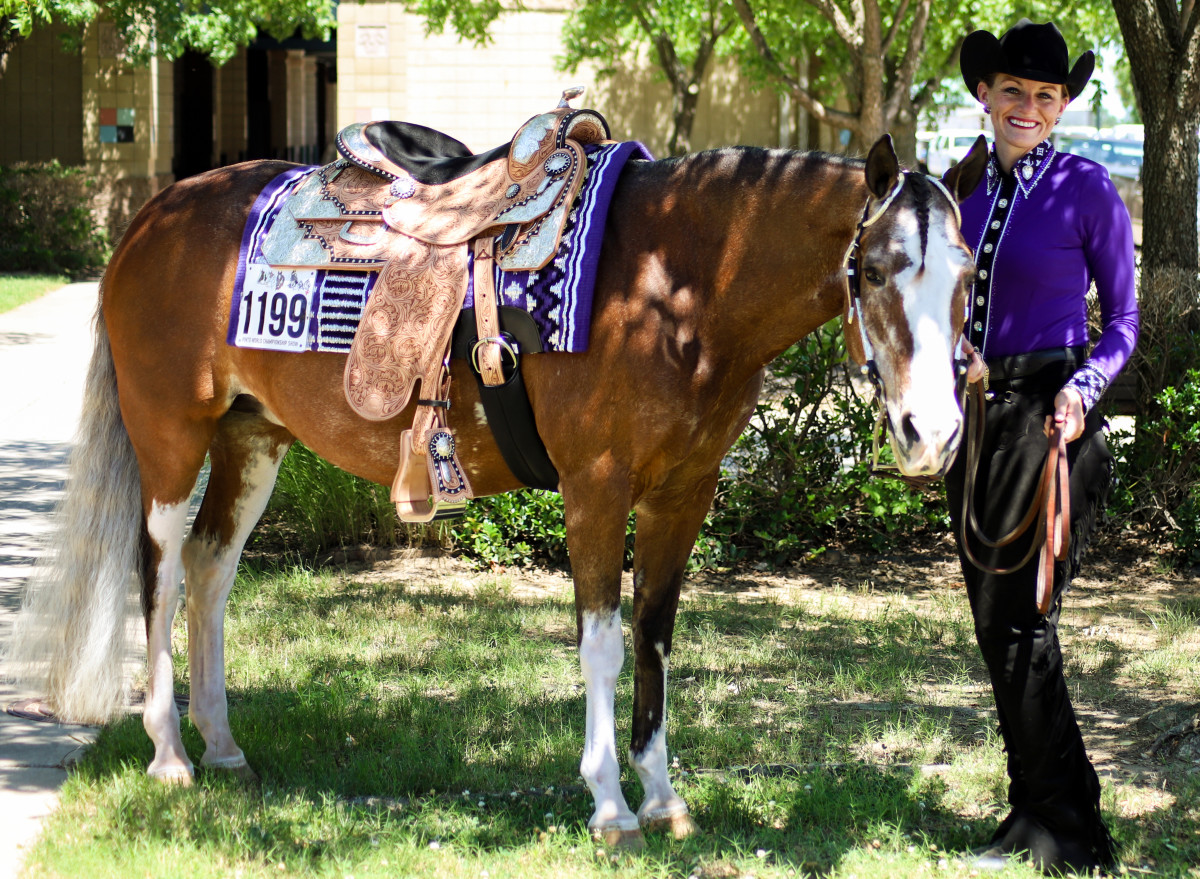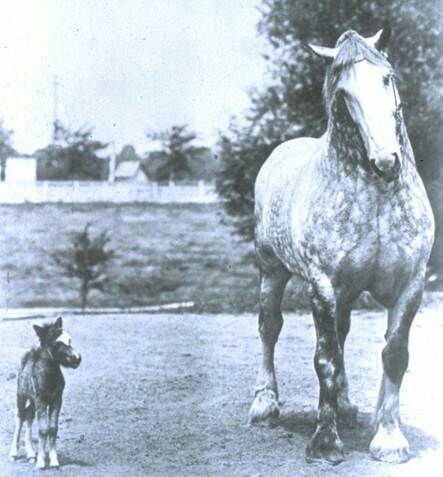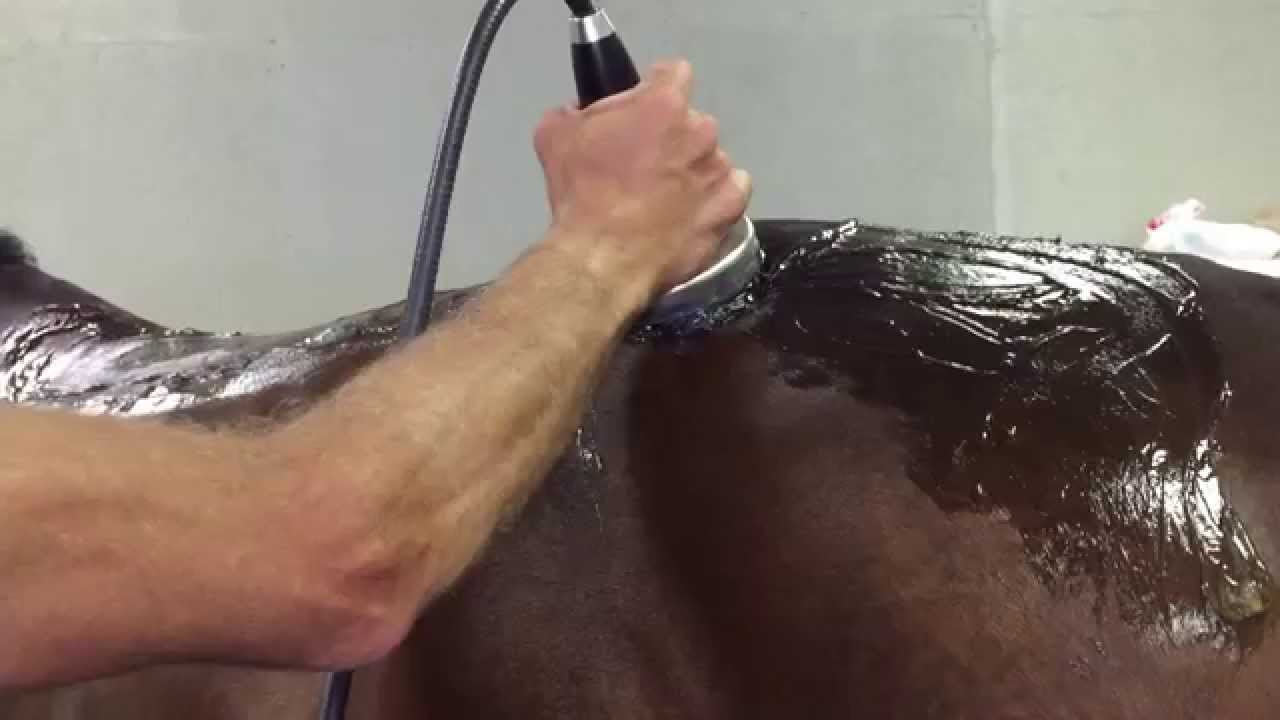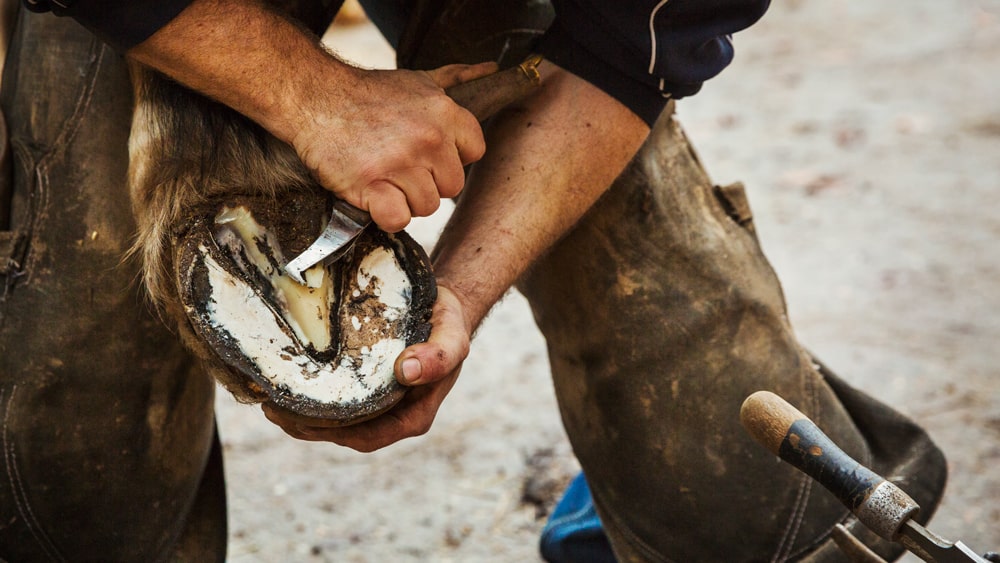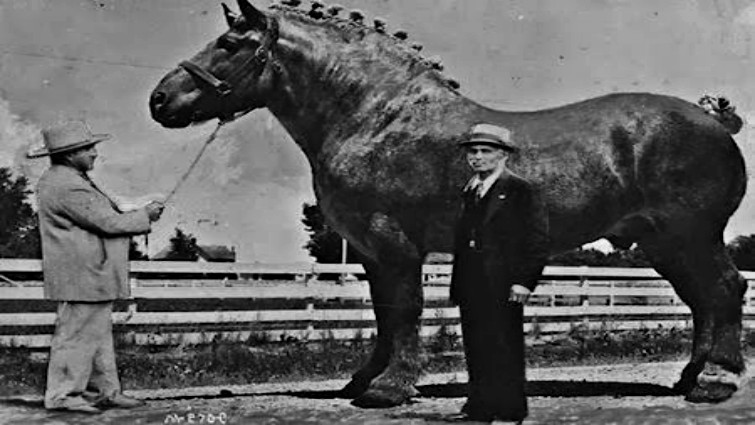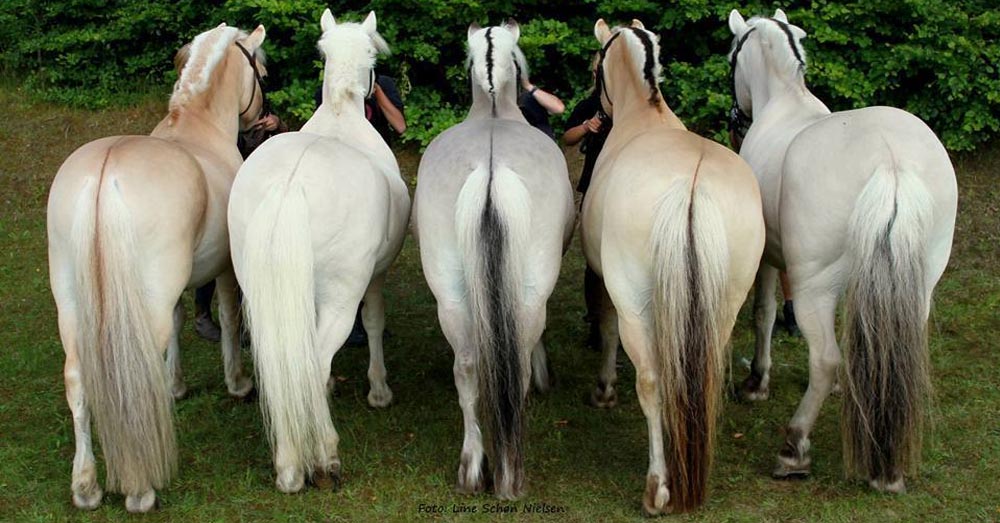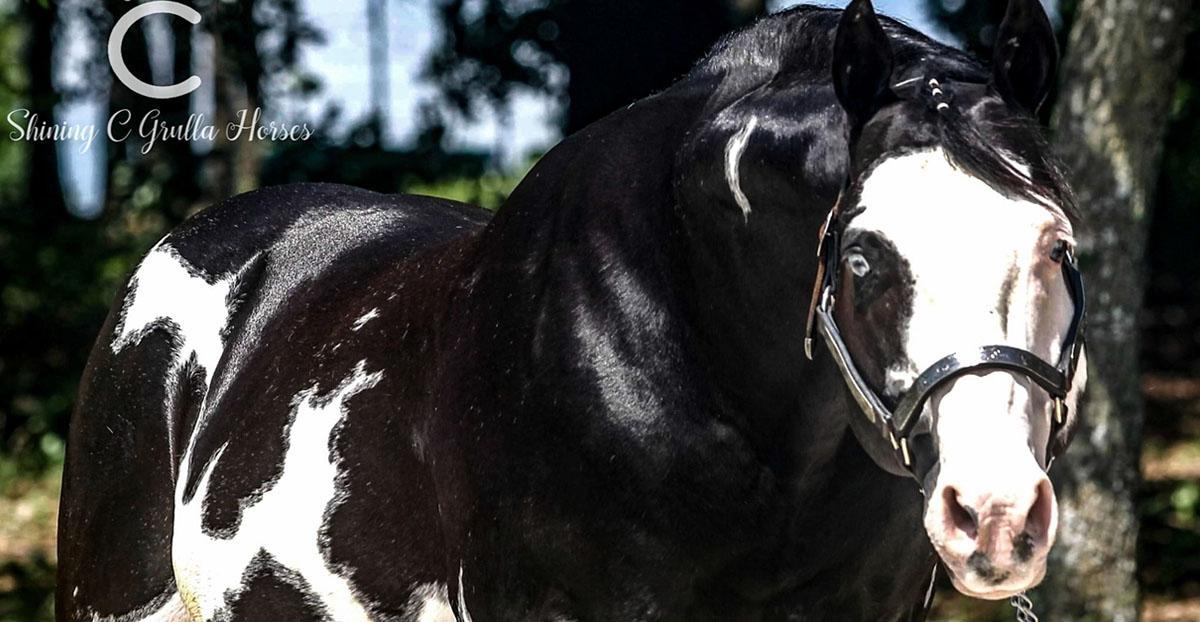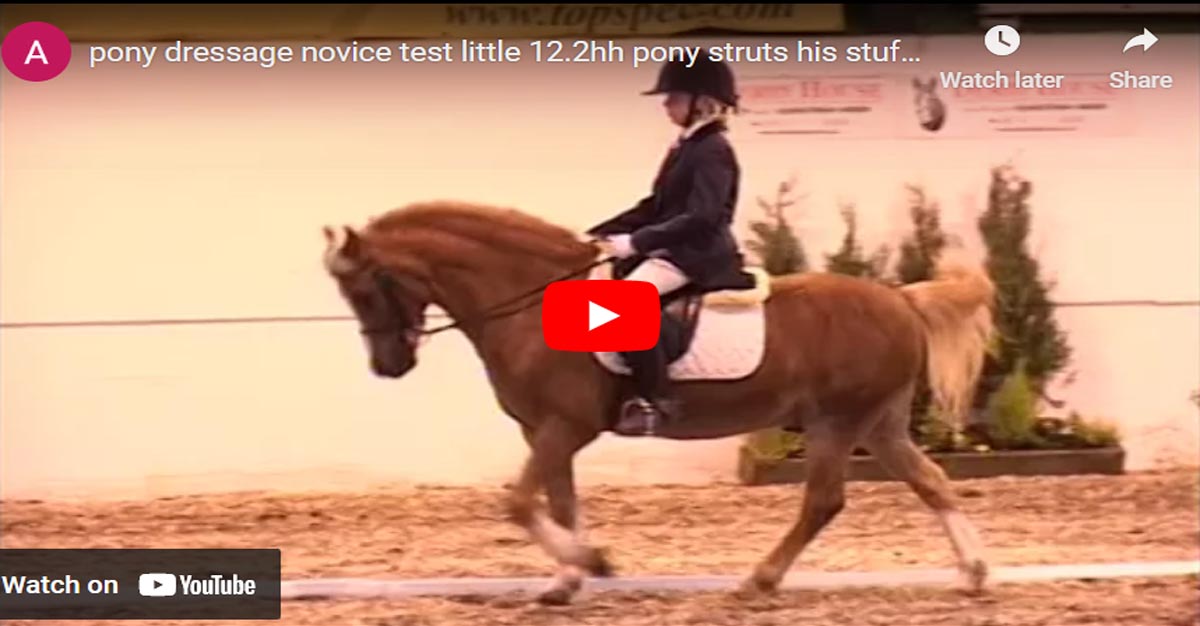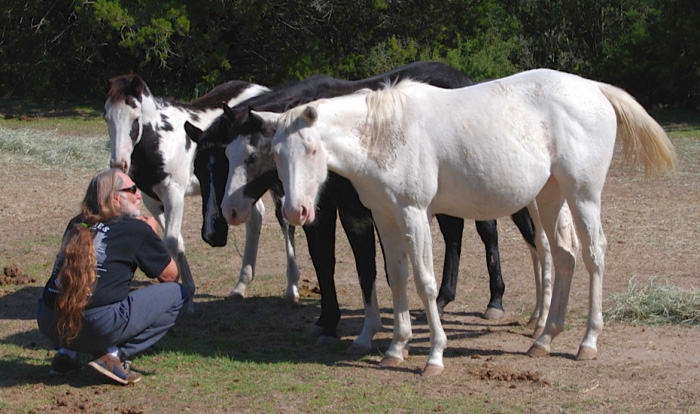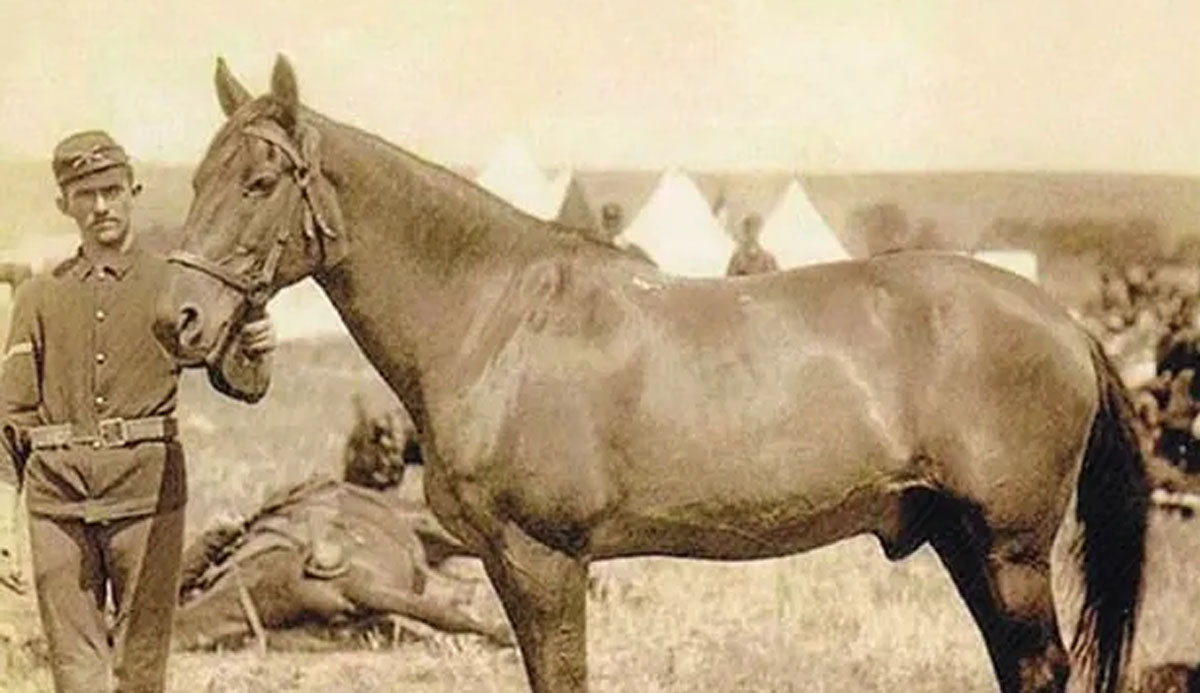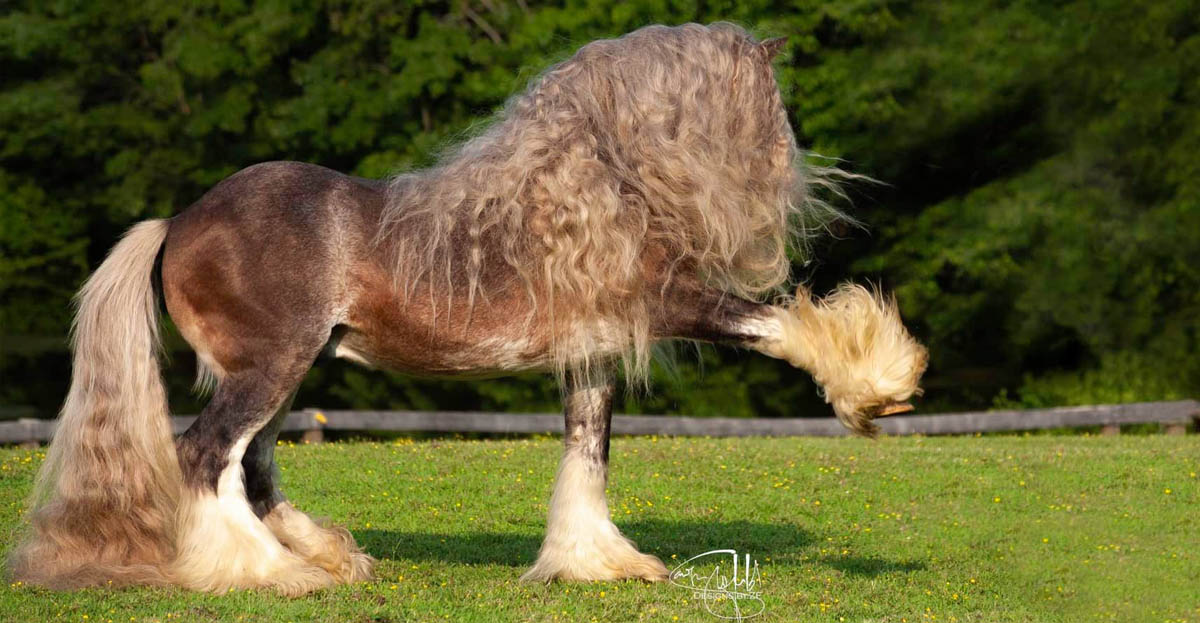Horse Wormers
All you need to know about horse worms, treatments and cures- protect your horse from worms, find out about the different types of worms that can infest your horse or pony. The best thing you can do as a horse owner is know the types of worms your horse can have and be able to diagnose them for quicker treatment.
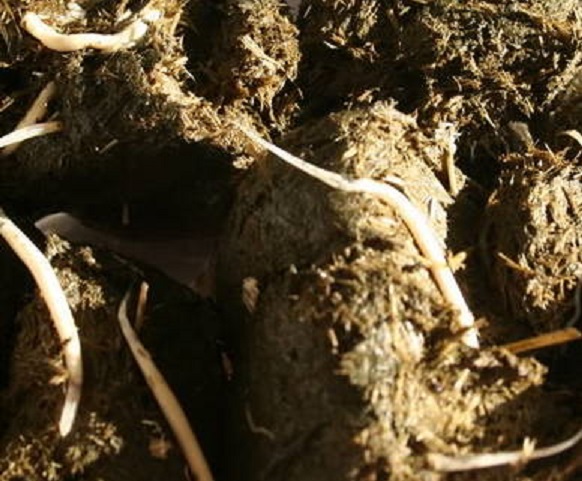


There are many good brands available in the market as far as the worming medication is concerned. Equest Pramox for example, is a very palatable worm treatment for horses which has been packaged in a convenient syringe based dose, and has become one of the most widely used horse wormers for horse owners. Equest Pramox is a gel-based horse wormer which has been created from a unique blend of moxidectin and praziquantel. It is the only combined wormer available in the market which can treat red worms in all the stages of its life cycle. This includes the encysted larval stage in small red worms, which can be a life threatening affliction on horses. Apart from this, it is also effective on other round worm varieties, all the three variations of the tape worm, as well as on malicious bots. A single dose of Equest Pramox lasts for a period of at least 3 months. It is licensed for use only on horses and ponies. A single 11.8g syringe is good enough for the treatment of a horse weighing around 575kg. It is however, not recommended for treating ponies younger than 6 and a half months old. Neither should it be used on pregnant horses or during the lactation period. Specialized horse wormers are also not recommended for the treatment of donkeys, mules or other hybrid varieties.
Though the product discussed above is quite popular as a general de-wormer, horses are often affected by a wide variety of parasites. There are specialized components to deal with specific kinds of parasites in horses. Let us take a look at the major ones:
Fenbendazole based horse wormers are effective against red worms, pinworms, roundworms, stomach hair worms and large mouthed stomach worms. A common Fenbendazole is Panacur.
Ivermectin based horse wormers are effective against red worms, pinworms, round worms, lungworms, stomach hair worms, large mouthed stomach worms, neck and intestinal thread worms and bots. Bimectin, Eraquell, and Eqvalan are the most popular Ivermectin based wormers.
Pyrantel Pamoate based horse wormers are effective against red worms, pinworms, round worms, intestinal thread worms and tape worms. Common Pyrantel wormers are Strongid and Embotape.
Moxidectin based horse wormers are effective against encysted small strongyle larvae and bot fly larvae. The most common Moxidectin wormer available is Equest.
When should I worming and what for?
De-Worming a horse should be a simplified affair and precautions need to be taken to ensure that the administration of a horse wormer dose is not a traumatic experience for a horse. In case your horse is apprehensive or attempts to resist a dose, a clever thing to do would be to try putting a piece of food in his mouth, such as a carrot. Getting the horse accustomed to items being put inside his mouth is a great solution for making it comfortable with orally administered medication. This way, food can be replaced by a wormer syringe any time you like. It is advisable to use a horse probiotic after a suitable gap once a horse worming session is done. This makes sure that the natural bacteria and microbes destroyed by the horse wormer are replenished in the intestinal tract.
In recent times, some brands have come up with wormers for horses which are natural and holistic. Generally people might think that these are a better option to try first before using a chemical treatment, however, it is necessary to note that the ingredients used in a lot of these products are not closely monitored by approval bodies. New brands and components are introduced into horse medicine market everyday, one of these is a product called Verm-X. It is important to proceed with caution while choosing a treatment for your animal. A lot of families who own horses, consider at least a particular few of them, to be an integral part of the family. In case yours is one of them, proper care and medication will only be a tiny part of the large body of knowledge you will need to gather, especially if you are new to owning a horse as a pet.
Irrespective of the purpose of owning the horse, either for regular work, such as for carriages or patrol horses, for competitive or racing purposes, or for personal recreation or hobbies, taking measures for the proper care of the animal needs to become an important priority in your life. A horse lives for a long time and is a productive animal only when it is kept healthy and receives good overall care. This is when the careful selection of a regular horse wormer program can be vital.
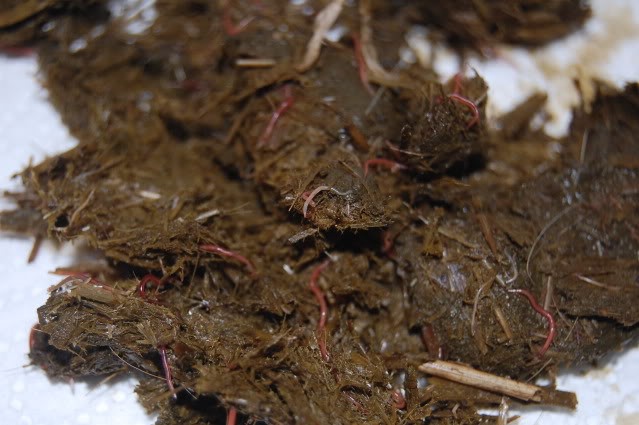

Of course we`re not saying this eliminates the use of a vet, but it does mean you can be more informed and more in control of your horse`s well being.
Red Worm
This is probably the most common type of worm for horses, but it`s unfortunately also one of the most harmful. When the red worm finds it`s way into a horse, close to 100% of the eggs end up in the droppings, and when these hatch the larvae are then in the grass, which the horses then ingest and the cycle continues. This can make it hard to eradicate, but if you know the symptoms it can make the whole process a little bit easier.
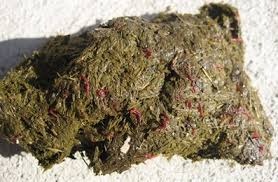
If your horse has red worm, they may experience severe weight loss, a dull coat, colic, diarrhea or swelling in the legs around the sheath or stomach. Because the red worm attaches itself to the horses` intestines, their diet won`t be as it normally is and you`ll see a bit of bloating.
Tapeworm
Tapeworm is another relatively common worm for horses. The tapeworm is harder to diagnose because the eggs come out in something called segments in the droppings, so they don`t flag when the droppings are tested for worms. This is most common in young or old horses, not so much the ones in the middle.
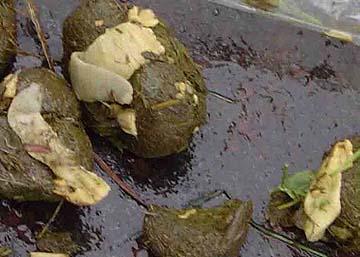
Unfortunately tapeworm symptoms can be subtle and also similar to other kinds of worms such as colic, dull coat, and weight loss, but unexplained loose droppings lethargy can also be symptoms of the tapeworm.
Roundworm
Roundworm is a type of worm that`s important for very young horses under 2 years old because it helps them develop immunity. If not, these worms live in the small intestine and cause lots of damage.
However, the symptoms for roundworm are much more distinct than other kinds. Your horse may lose weight, consistently cough and have nasal discharge or even a pot belly, all signs of the roundworm.
Bots
The pinworm is actually not so much a worm but a kind of fly. The eggs are laid on the horses` coat and are eaten when grooming themselves. Symptoms include irritation in the mouth and discoloration in the coat—usually yellow, orange or cream in color.
Being familiar with these types of worm symptoms is very important as a horse owner and carer. Just be aware, attentive and alert a vet when you see something unusual. It`s always better to be safe than sorry.
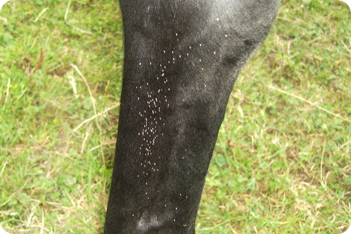

Bot Fly Horse Wormer
Worms Horses Get

What things should be looked for before deciding on a horse wormer program?
The best way to know whether your horse has been infested with intestinal parasites(worms) is to look for the symptoms. Some of the most common are: a swollen abdomen with visible ribs and poor muscles, dull colouration of hair, weight loss, colic, diarrhoea, low energy and activity, stunted growth, coughing, and signs of a weak immune system. It would actually be much more apt for horse wormers to be called horse de-wormers, as their basic function is to get rid of internal pests and parasites from a horse. They are applied to the animal orally, and come in various forms like paste, liquid based, or pellets. Most of these horse wormers are quite easy to use, conveniently available, and are usually not very expensive. A good parasite control program should always include a rotational horse wormer regime. Most good brands of horse wormers come in various flavours which appeal to horses. Apple and Molasses are the most common of them. They are available in a wide assortment of categories and brand names.There are many good brands available in the market as far as the worming medication is concerned. Equest Pramox for example, is a very palatable worm treatment for horses which has been packaged in a convenient syringe based dose, and has become one of the most widely used horse wormers for horse owners. Equest Pramox is a gel-based horse wormer which has been created from a unique blend of moxidectin and praziquantel. It is the only combined wormer available in the market which can treat red worms in all the stages of its life cycle. This includes the encysted larval stage in small red worms, which can be a life threatening affliction on horses. Apart from this, it is also effective on other round worm varieties, all the three variations of the tape worm, as well as on malicious bots. A single dose of Equest Pramox lasts for a period of at least 3 months. It is licensed for use only on horses and ponies. A single 11.8g syringe is good enough for the treatment of a horse weighing around 575kg. It is however, not recommended for treating ponies younger than 6 and a half months old. Neither should it be used on pregnant horses or during the lactation period. Specialized horse wormers are also not recommended for the treatment of donkeys, mules or other hybrid varieties.
Though the product discussed above is quite popular as a general de-wormer, horses are often affected by a wide variety of parasites. There are specialized components to deal with specific kinds of parasites in horses. Let us take a look at the major ones:
Fenbendazole based horse wormers are effective against red worms, pinworms, roundworms, stomach hair worms and large mouthed stomach worms. A common Fenbendazole is Panacur.
Ivermectin based horse wormers are effective against red worms, pinworms, round worms, lungworms, stomach hair worms, large mouthed stomach worms, neck and intestinal thread worms and bots. Bimectin, Eraquell, and Eqvalan are the most popular Ivermectin based wormers.
Pyrantel Pamoate based horse wormers are effective against red worms, pinworms, round worms, intestinal thread worms and tape worms. Common Pyrantel wormers are Strongid and Embotape.
Moxidectin based horse wormers are effective against encysted small strongyle larvae and bot fly larvae. The most common Moxidectin wormer available is Equest.
When should I worming and what for?
De-Worming a horse should be a simplified affair and precautions need to be taken to ensure that the administration of a horse wormer dose is not a traumatic experience for a horse. In case your horse is apprehensive or attempts to resist a dose, a clever thing to do would be to try putting a piece of food in his mouth, such as a carrot. Getting the horse accustomed to items being put inside his mouth is a great solution for making it comfortable with orally administered medication. This way, food can be replaced by a wormer syringe any time you like. It is advisable to use a horse probiotic after a suitable gap once a horse worming session is done. This makes sure that the natural bacteria and microbes destroyed by the horse wormer are replenished in the intestinal tract.
In recent times, some brands have come up with wormers for horses which are natural and holistic. Generally people might think that these are a better option to try first before using a chemical treatment, however, it is necessary to note that the ingredients used in a lot of these products are not closely monitored by approval bodies. New brands and components are introduced into horse medicine market everyday, one of these is a product called Verm-X. It is important to proceed with caution while choosing a treatment for your animal. A lot of families who own horses, consider at least a particular few of them, to be an integral part of the family. In case yours is one of them, proper care and medication will only be a tiny part of the large body of knowledge you will need to gather, especially if you are new to owning a horse as a pet.
Irrespective of the purpose of owning the horse, either for regular work, such as for carriages or patrol horses, for competitive or racing purposes, or for personal recreation or hobbies, taking measures for the proper care of the animal needs to become an important priority in your life. A horse lives for a long time and is a productive animal only when it is kept healthy and receives good overall care. This is when the careful selection of a regular horse wormer program can be vital.
Horse Dewormer


Types of Horse Worms - Signs and Symptoms
Like all animals, horses are susceptible to a wide range of illnesses, worms included. Worms, however, is not a straightforward illness for horses, as there are many different types, and each has a slightly different treatment process. As a horse owner it is a good idea to know and be able to spot the symptoms so you are ready to take action if the occasion arrives.Of course we`re not saying this eliminates the use of a vet, but it does mean you can be more informed and more in control of your horse`s well being.
Red Worm
This is probably the most common type of worm for horses, but it`s unfortunately also one of the most harmful. When the red worm finds it`s way into a horse, close to 100% of the eggs end up in the droppings, and when these hatch the larvae are then in the grass, which the horses then ingest and the cycle continues. This can make it hard to eradicate, but if you know the symptoms it can make the whole process a little bit easier.

If your horse has red worm, they may experience severe weight loss, a dull coat, colic, diarrhea or swelling in the legs around the sheath or stomach. Because the red worm attaches itself to the horses` intestines, their diet won`t be as it normally is and you`ll see a bit of bloating.
Tapeworm
Tapeworm is another relatively common worm for horses. The tapeworm is harder to diagnose because the eggs come out in something called segments in the droppings, so they don`t flag when the droppings are tested for worms. This is most common in young or old horses, not so much the ones in the middle.

Unfortunately tapeworm symptoms can be subtle and also similar to other kinds of worms such as colic, dull coat, and weight loss, but unexplained loose droppings lethargy can also be symptoms of the tapeworm.
Roundworm
Roundworm is a type of worm that`s important for very young horses under 2 years old because it helps them develop immunity. If not, these worms live in the small intestine and cause lots of damage.
However, the symptoms for roundworm are much more distinct than other kinds. Your horse may lose weight, consistently cough and have nasal discharge or even a pot belly, all signs of the roundworm.
Bots
The pinworm is actually not so much a worm but a kind of fly. The eggs are laid on the horses` coat and are eaten when grooming themselves. Symptoms include irritation in the mouth and discoloration in the coat—usually yellow, orange or cream in color.
Being familiar with these types of worm symptoms is very important as a horse owner and carer. Just be aware, attentive and alert a vet when you see something unusual. It`s always better to be safe than sorry.



